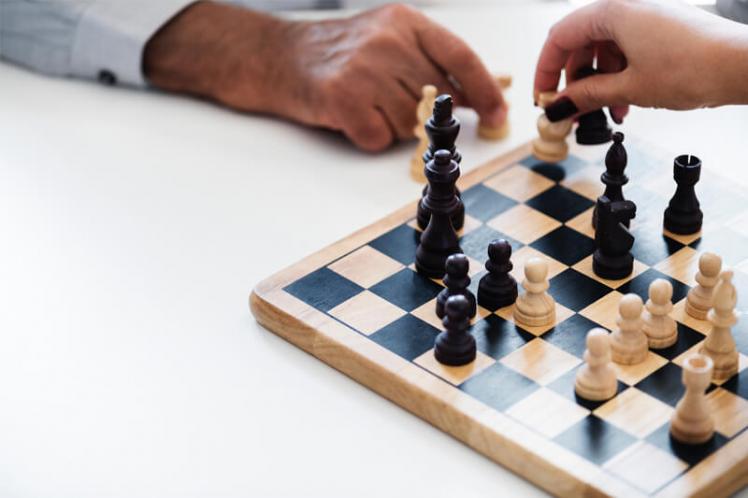Professional Practice in L&D: Dynamic Capabilities and Organizational Ambidexterity

How L&D Can Support Organizations in Developing Dynamic Capabilities and Organizational Ambidexterity
In today’s turbulent environment, organizations need to be more adaptive and flexible. Of course core competencies are important and need to be continuously enhanced. However, more organizations are realizing that their core competencies can become core rigidities, becoming an impediment to the organization in welcoming new thinking, developing new competencies and inviting debate to the firm’s raison d'être. There is no doubt that Kodak was one of the best in the business when it came to photography technology, but that still did not stop it from filing bankruptcy a few years ago as consumers were happy to keep to their good-enough cameras on their mobile phone.
But what capabilities should organizations develop? Your guess is as good as mine. What is more important than the actual capability is the ability of learning to learn. This may sound nonsensical – don’t we all learn? It is after all a natural process. Of course we all learn but not all of us learn as efficiently and effectively as we should especially in a volatile and uncertain world. Learning to learn future-proofs the organization in addressing what is in the horizon, whatever it may be. Learning to learn at the individual, group and organizational levels help firms to develop dynamic capabilities, which is the capability to adapt to new environmental challenges and possessing the flexibility change its internal processes and practices.
However, whilst dynamic capabilities are important for change, firms also need to be ambidextrous. Ambidexterity helps organizations to manage change more effectively. For example, organizations are usually in exploitive mode prior to major changes. An exploitative mode means organizations are efficient in leveraging upon their present capabilities within the status quo to maximize performance. But when the environment changes, organizations need to seek out its new place in the new world. This is an exploratory mode is that involves creativity and innovation.
Ambidexterity comes into play when an organization realizes that the old way of doing things is no longer profitable and decides to search for new opportunities, therefore requiring the firm to be both exploitive and explorative at the same time. Both are required when firms undertake significant and time-consuming change initiatives such as business model innovation.
Organizational ambidexterity is related to dynamic capabilities but it is not the same as it involves doing two different things at the same time. This said, it is not the same as multi-tasking either as a key principle that qualifies a phenomenon as organizational ambidexterity is that doing A will result in the detriment of B and vice versa. L&D can help firms to enhance ambidexterity by developing capabilities to support an exploratory mode involving an entrepreneurial mindset to venture into new, unknown markets and domains, develop capabilities for innovation through experimentation and cultivation of the right attitudes appropriate for working in conditions of uncertainty – but yet stay in the present to do what they do best in exploiting its current capabilities to ensure survival.
About the author: Dr. Mark Loon is a faculty member at the University of Worcester. He has published in various academic journals such as the Journal of Managerial Psychology, as well as practitioner reports and books such as with the CIPD. He is currently the Chair of the British Standards Institute's Human Capital Standard Sub-Committee on developing International HRM Standards and the Deputy Vice Chair of the Programmes and Qualifications committee within the University Forum on Human Resource Development. Prior to academia, he was in management consulting, working for firms such as Cap Gemini, Ernst & Young and KPMG.
Special offer! Save 20% when you order Mark's book Professional Practice in Learning and Development with code HRPPLDB




